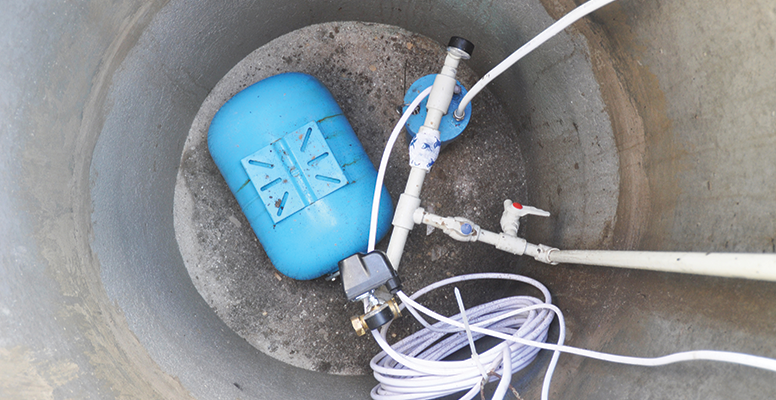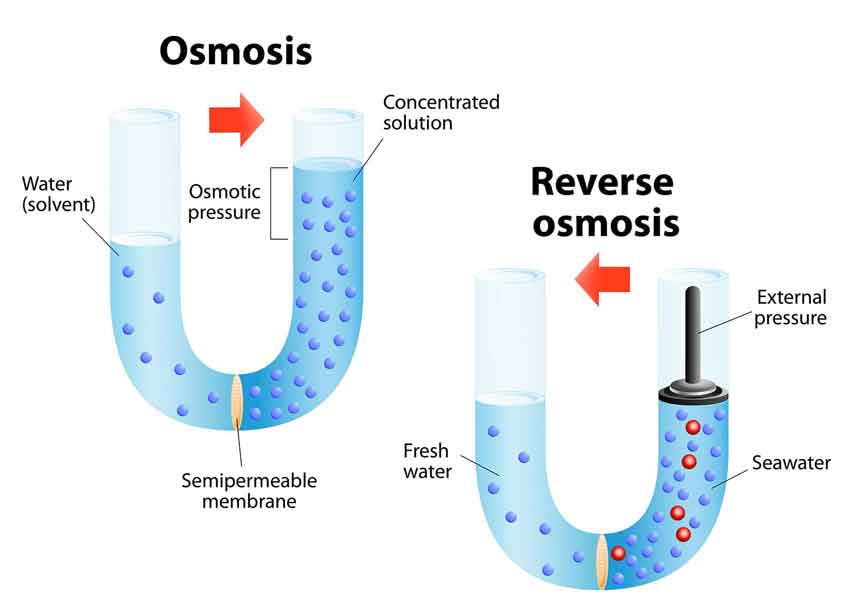Water Treatment for Well Water: Solutions for Rural Living

In rural areas, the beauty of untouched nature often comes with the challenge of ensuring a clean and safe water supply. Many homes rely on wells as their primary water source. While well water can be of high quality, it can sometimes contain impurities that need addressing. This article dives into the intricacies of water treatment for well water, providing holistic solutions for those living in rural areas.
The Composition of Well Water
Before delving into treatment solutions, it’s crucial to understand what might be lurking in well water.
Common Contaminants in Well Water
- Sediment and silt: Fine particles that can cause turbidity.
- Iron and Manganese: Minerals that can cause staining and impart metallic tastes.
- Hard Water Minerals: Mainly calcium and magnesium, which can lead to scale buildup.
- Microorganisms: Bacteria, viruses, and other pathogens that can pose health risks.
- Organic Compounds: From decaying vegetation or agricultural runoff.
- Other Inorganic Compounds: Such as nitrates, often from agricultural sources.
Comprehensive Treatment Solutions for Well Water
With an understanding of potential contaminants, let’s explore the range of treatment solutions.
Sediment Filters
Sediment filters trap and remove suspended solids from water. They’re a basic yet essential line of defense, particularly for well water that can be turbid.
Ultraviolet (UV) Purifiers
UV purifiers are excellent for disinfecting water, targeting pathogens like bacteria and viruses. The UV light disrupts the DNA of these microorganisms, rendering them harmless.
Activated Carbon Filters
Ideal for organic compounds and chlorine, activated carbon filters improve taste and eliminate odors, making water more palatable.
Iron and Manganese Filters
Specialized filters that oxidize these minerals, converting them into solids that can be filtered out.
Reverse Osmosis Systems
A comprehensive solution, RO systems remove a wide array of contaminants, from minerals to some microorganisms and organic compounds.
Best Water Softener For Well Water With Iron
A significant challenge with well water in many rural areas is the presence of hard water minerals, compounded with iron. This combination can be particularly troublesome, leading to scale buildup, staining, and taste issues.
The Synergy of Softening and Iron Removal
Water softeners primarily address hard water by exchanging calcium and magnesium ions with sodium ions. But what if you could tackle both hardness and iron in one go?
Some water softeners are specially designed to handle well water with iron. They often integrate a resin bed that not only softens water but also captures iron, ensuring your water is both soft and iron-free.
Benefits of Using a Water Softener for Well Water with Iron
- Protection for Appliances: Prevents scale buildup and iron staining, extending the lifespan of water-using appliances.
- Enhanced Water Quality: Eliminates hard water spots on dishes and fixtures and prevents the metallic taste often associated with iron.
- Cost-effective: Tackling both hardness and iron in one system can be more economical than implementing separate solutions.
The Importance of Regular Testing
It’s crucial to test well water regularly. The composition of groundwater can change over time, due to factors like agricultural runoff, seasonal changes, or nearby construction.
Conclusion
Rural living offers unparalleled serenity and connection to nature. Yet, ensuring a consistent supply of clean and safe water from wells requires vigilance and appropriate treatment solutions. From sediment filters to specialized water softeners, there are comprehensive solutions available. Embrace the tranquility of rural life, knowing your well water is as pristine as the landscape around you.
FAQs
- Why is well water often hard?
- Well water is groundwater that often comes in contact with rocks and minerals, like calcium and magnesium, leading to hardness.
- How does a water softener work?
- Water softeners use ion-exchange resins to swap calcium and magnesium ions with sodium ions, effectively softening the water.
- Is iron in well water harmful?
- While moderate levels of iron aren’t harmful to health, it can cause staining, affect the taste of water, and lead to plumbing issues.
- How often should I test my well water?
- It’s recommended to test well water at least once a year for general contaminants. However, if you notice any changes in taste, color, or odor, test immediately.
- Can I combine multiple treatment solutions for well water?
- Yes, many homes use a combination of treatments, like sediment filters, UV purifiers, and softeners, to ensure comprehensive water quality.












